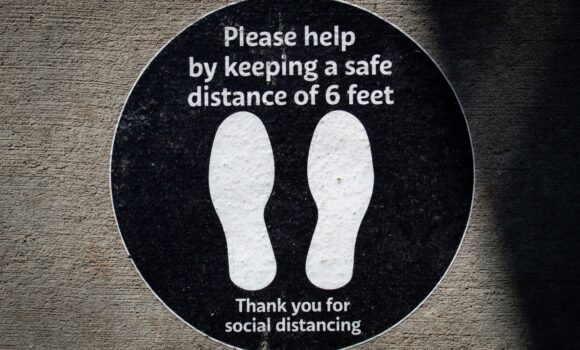Are Trucks Required to Have Rear Impact Guards?

Have you ever wondered what the giant metal bar is on the tail of a commercial motor vehicle? Well it’s called a rear impact guard, and it’s there for your safety. These rear impact guards prevent “underrides”— these happen when another vehicle strikes the end of the trailer causing the smaller vehicle to slide underneath.
Are They Required?
According to the Federal Motor Carrier Safety Administration, rear impact guards are required on CMVs that were manufactured on or after January 26, 1998, weighing 10,000+ pounds. Up until December 2021, a CMV was able to pass inspection with a faulty or missing rear impact guard. Now, the FMCSA ruled to include rear impact guards on the annual inspection list for every CMV, except for road construction controlled (RCC) horizontal discharge trailers.
Size requirements for rear impact guards vary depending on the size of your vehicle. The NETEA—The Association for the Work Truck Injury provides exact dimensions for rear impact guard requirements which you can find here.
Luckily, these guards are now required, which will make the roads safer for both truckers and regular drivers. However, a driver can be found negligent if their faulty or missing rear impact guard causes injuries. If you or a loved one were injured in a trucking accident, we recommend contacting our firm as soon as possible.
Springfield Truck Accident Attorneys
Truck accidents can be complex, but they don’t have to be. If you recently sustained injuries from a truck that had a faulty or missing rear impact guard, you should reach out to our team at Strong Law, P.C.. With over 45 years of combined experience, we have the resources and knowledge to take on even the toughest cases.
When you’re ready, call our office at (417) 887-4300 or visit our Contact Us page to get started on a free, no-risk consultation.
Tell Us About Your Case
Contact us today at (417) 887-4300 or online to arrange your free case evaluation. Our Experienced Trial Attorneys will walk you through your legal options.


